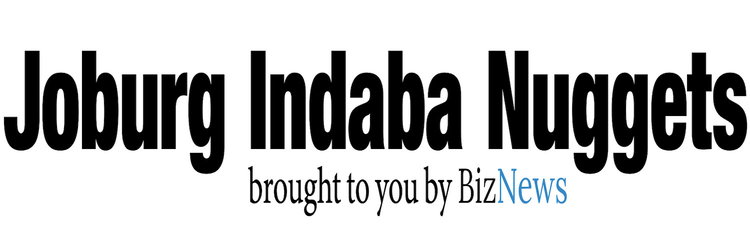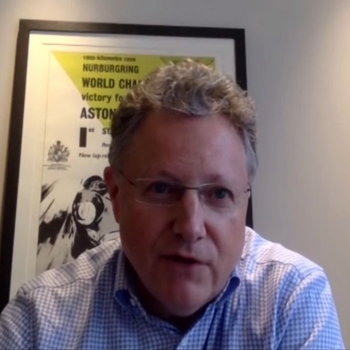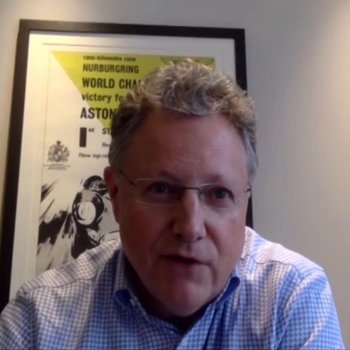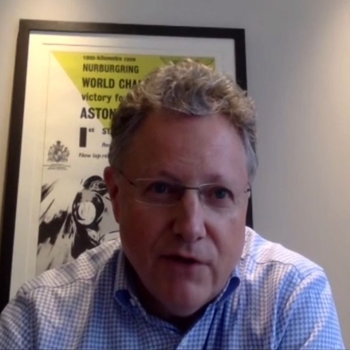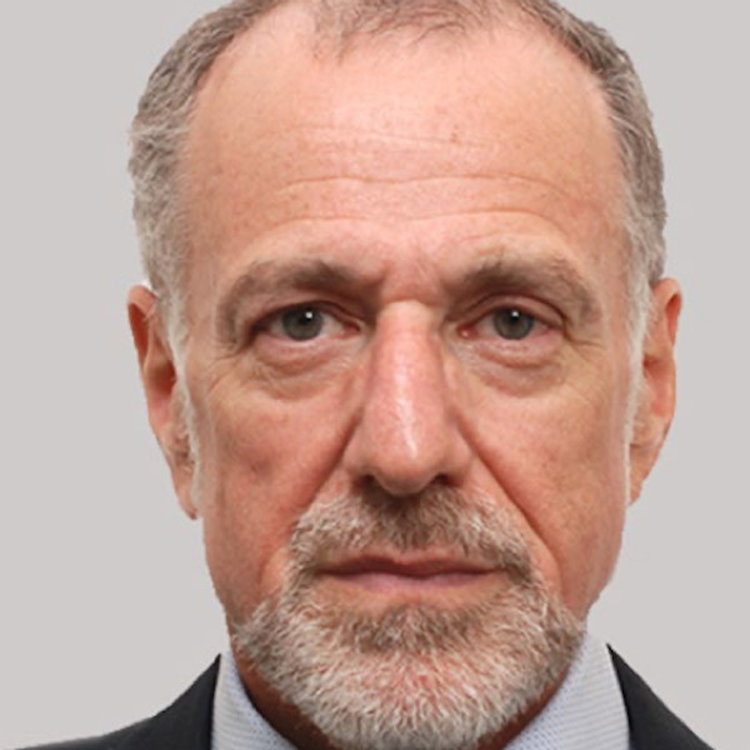
Getting to know Sir Mick Davis
Loading player...
Everyone in the mining industry knows Sir Mick Davis. His amazing career took him from his position as CFO of Eskom, to become Brian Gilbertson’s right hand man during the Gencor/ Billiton days and then culminated at Xstrata, where he really made his mark.
And yet, according to Sir Mick, one of the downfalls of his success was arrogance. It was this arrogance which resulted in him misreading the market and investors to the point where the merger between Glencore and Xstrata turned into what he describes as his career’s lowest point.
Listen to the full interview at the Joburg Indaba between Fiona Perrot Humphrey (Rothschild & Co’s Senior Advisor Mining) and Sir Mick.
In the conversation they discuss his journey to the top and what he learned along the way. He defines leadership more as an attitude than as a specific set of skills, and says that he “went to school on both the good and the bad management practices” that he witnessed at General Mining and Eskom.
He describes himself as a natural delegator, his underlying philosophy being that the people who are closest to the action make the best decisions because they have the best information. He expands on his concerns that the very focused approach regarding returning cash to shareholders in
the form of dividends, does not account for the need for mining companies to reinvest in their own sustainability and in order to create optionality.
And yet, according to Sir Mick, one of the downfalls of his success was arrogance. It was this arrogance which resulted in him misreading the market and investors to the point where the merger between Glencore and Xstrata turned into what he describes as his career’s lowest point.
Listen to the full interview at the Joburg Indaba between Fiona Perrot Humphrey (Rothschild & Co’s Senior Advisor Mining) and Sir Mick.
In the conversation they discuss his journey to the top and what he learned along the way. He defines leadership more as an attitude than as a specific set of skills, and says that he “went to school on both the good and the bad management practices” that he witnessed at General Mining and Eskom.
He describes himself as a natural delegator, his underlying philosophy being that the people who are closest to the action make the best decisions because they have the best information. He expands on his concerns that the very focused approach regarding returning cash to shareholders in
the form of dividends, does not account for the need for mining companies to reinvest in their own sustainability and in order to create optionality.

